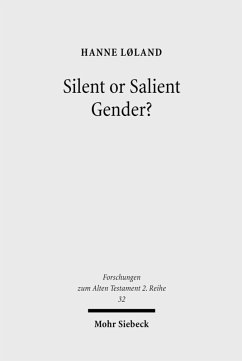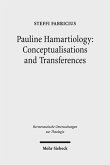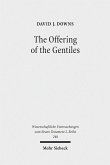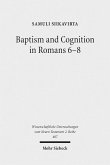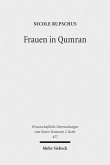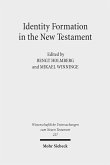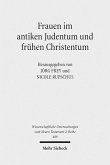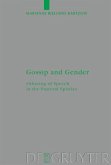Hanne Løland studies gendered god-language in the Hebrew Bible. She offers a theoretical framework that is helpful for the interpretation of biblical language used in reference to God and for the broader theological and scholarly debate on God and gender. One of the main questions Løland discusses is whether and how gende r is salient - that is, of significance - when gendered god-language occurs in a text. This is a new line of questioning in Hebrew Bible research, which so far has been mostly concerned with mapping the occurrences of feminine god-language. The question of gender significance is debated both in theoretical discussions on God, gender and language, and in three case studies (Isa 42:13-14, 46:3-4, and 49:14-15). These texts are chosen primarily because of today's research situation, where there has been a claim that Isa 40-55 (or 40-66) differs from the rest of the Hebrew Bible in its use of feminine god-language. Løland argues that there is in principle no difference between god-language formulated in similes or metaphors. Further, there is no significant difference between male and female god-language in the Hebrew Bible. These findings are also relevant for the contemporary debate concerning god-language in academia, church, and synagogue. This volume was recognized with the John Templeton Award for Theological Promise in 2008. Born 1971; studied Theology at MF Norwegian School of Theology, Oslo; additional periods of study in Göttingen, Jerusalem, and Chicago; 2007 Dr. theol.; Associate Professor of Old Testament Studies at MF Norwegian School of Theology, Oslo, Norway.
Dieser Download kann aus rechtlichen Gründen nur mit Rechnungsadresse in A, B, BG, CY, CZ, D, DK, EW, E, FIN, F, GR, HR, H, IRL, I, LT, L, LR, M, NL, PL, P, R, S, SLO, SK ausgeliefert werden.

